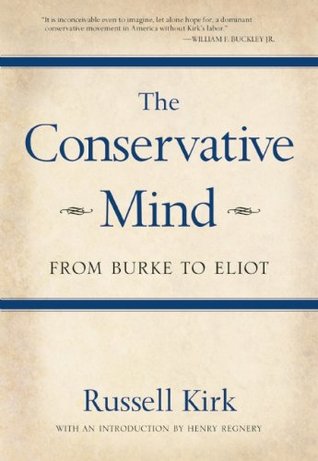

Traditionalism arose in Europe throughout the 18th century, mostly as a reaction to the chaos of the English and French Revolutions. Leadership, authority, and hierarchy are seen as natural to humans. Traditionalists think that any change spontaneously arises from the community's traditions rather than as a consequence of deliberate, reasoned thought. The state is also viewed as a social endeavor with spiritual and organic characteristics. Theoretical reason is regarded as of secondary importance to practical reason.

The concepts of custom, convention, and tradition are heavily emphasized in traditionalist conservatism. Traditionalists value social ties and the preservation of ancestral institutions above excessive individualism. Traditionalist conservatism is based on Edmund Burke's political views.

Traditionalist conservatism, often known as classical conservatism, is a political and social philosophy that emphasizes the importance of transcendent moral principles, manifested through certain natural laws to which society should adhere prudently.


 0 kommentar(er)
0 kommentar(er)
